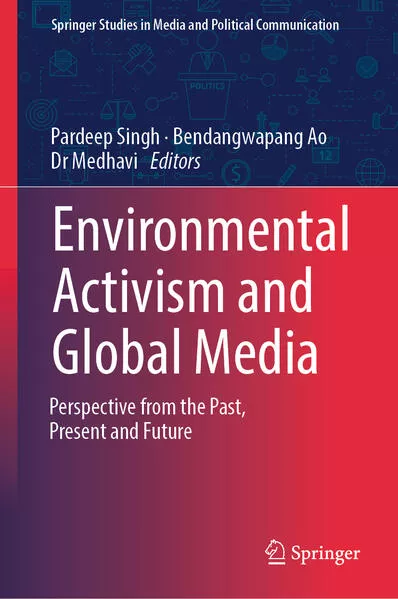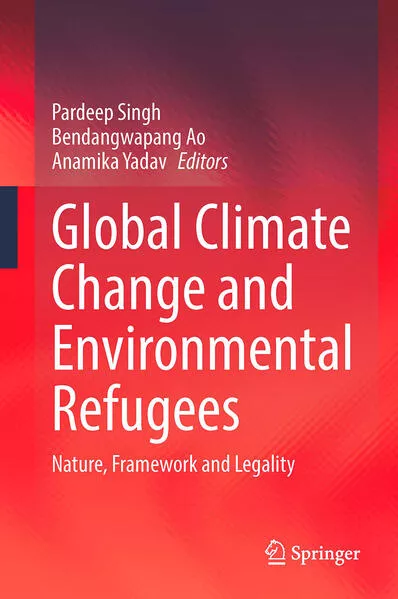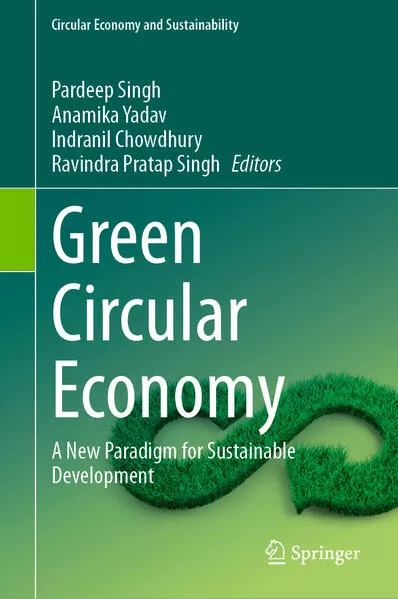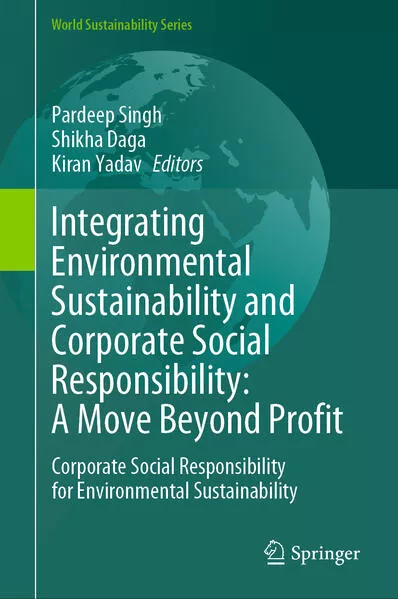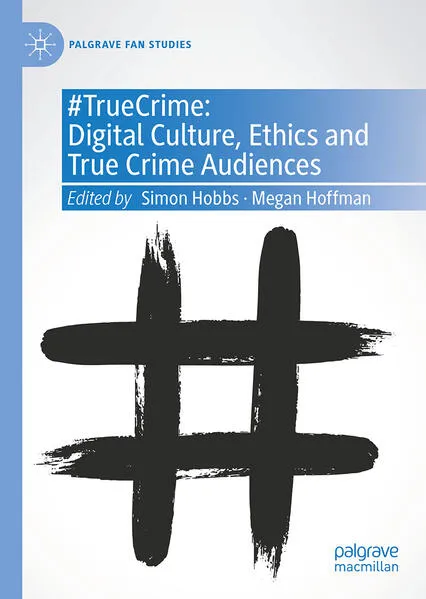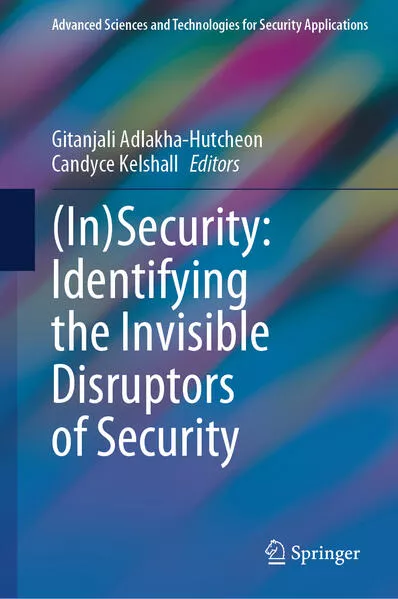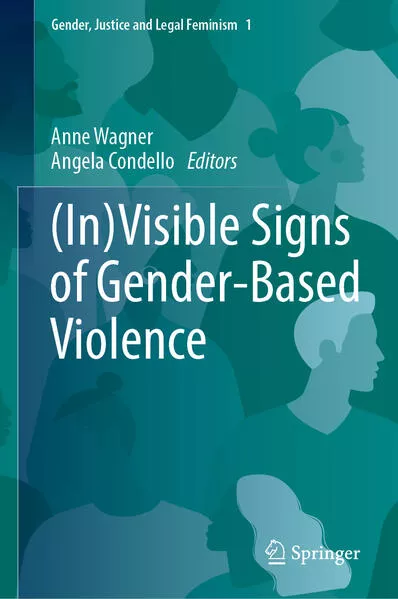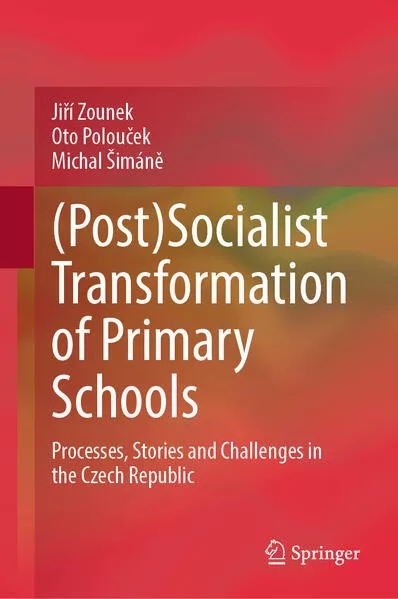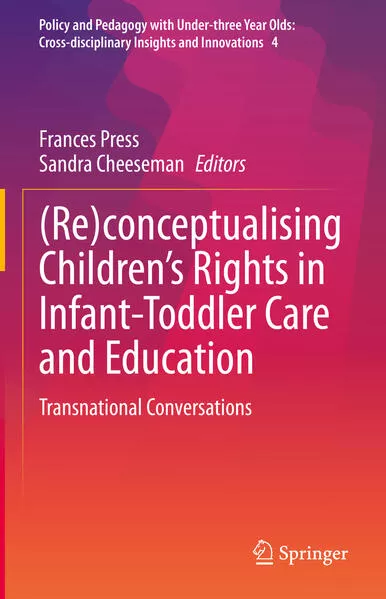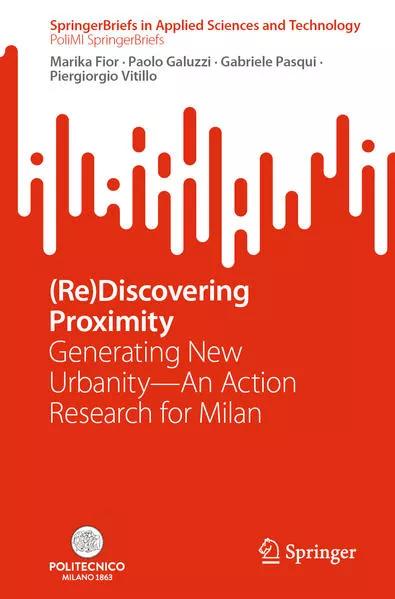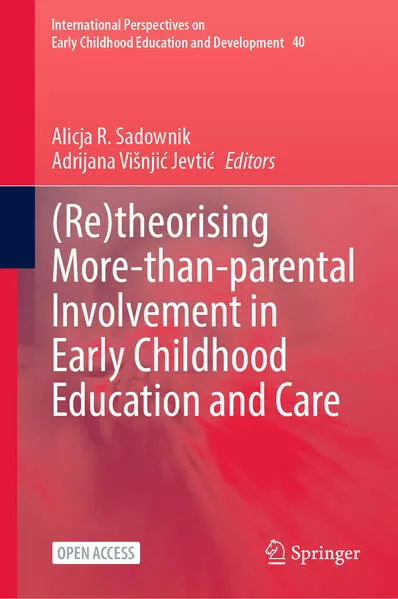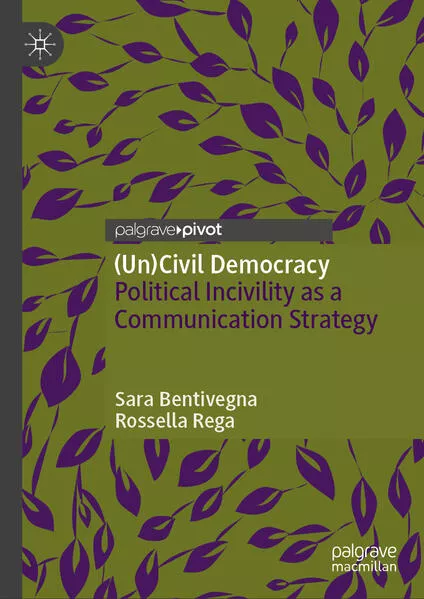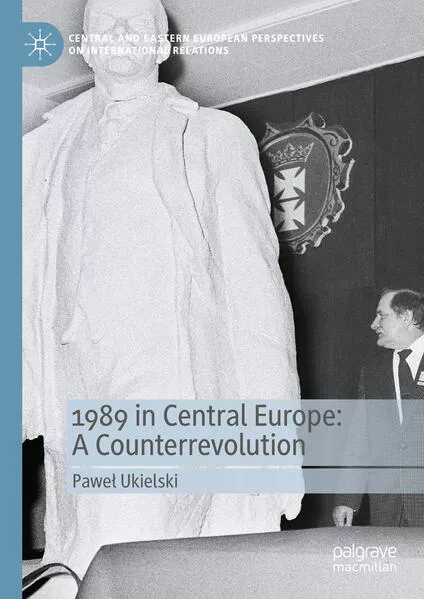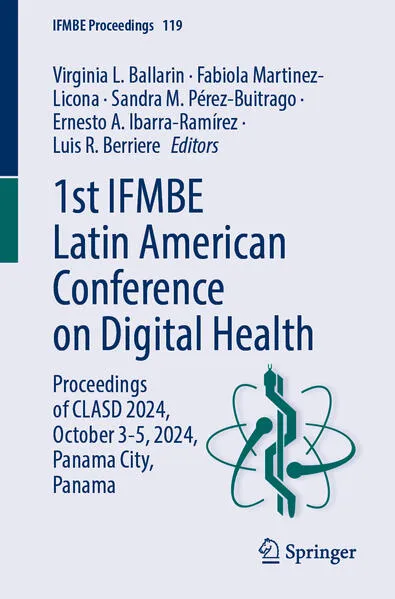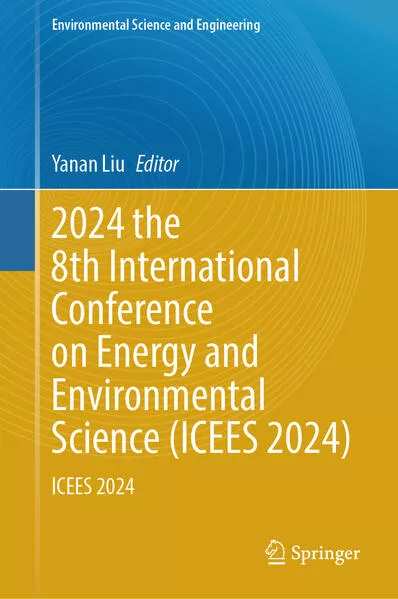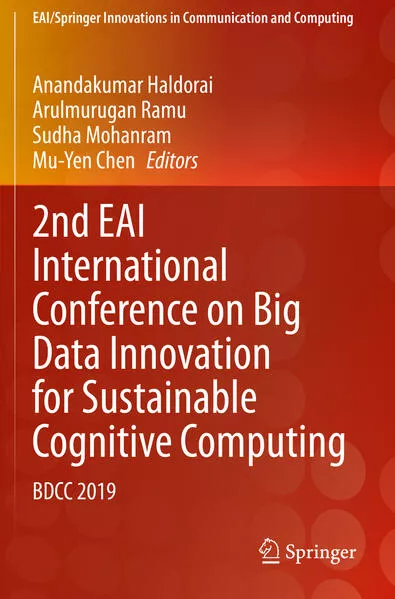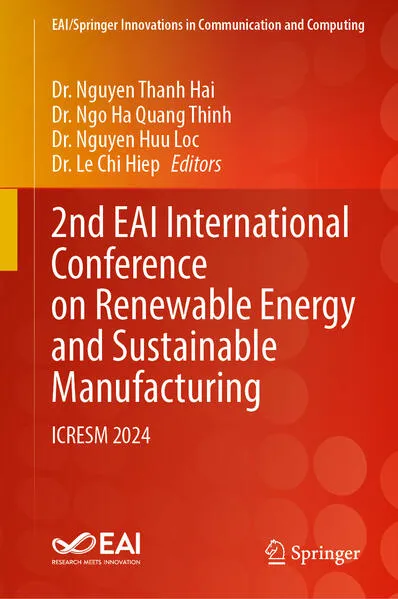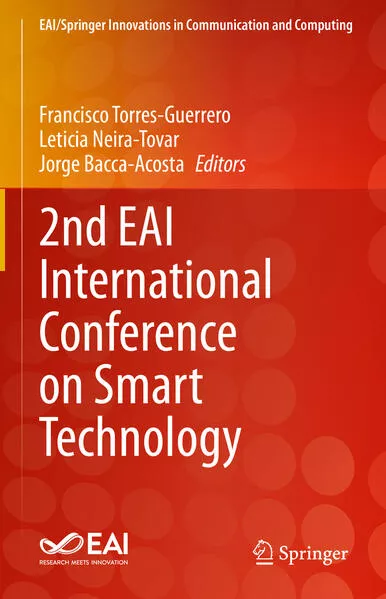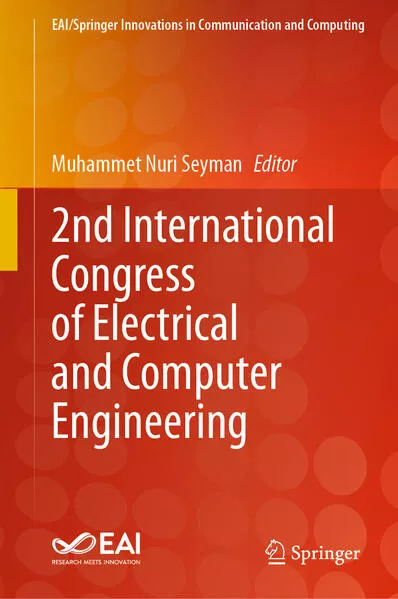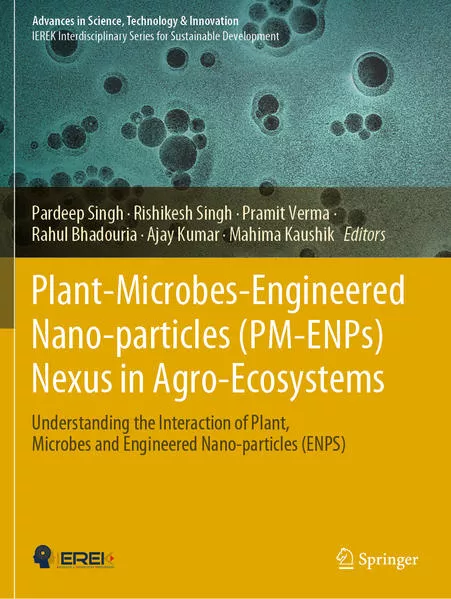
Plant-Microbes-Engineered Nano-particles (PM-ENPs) Nexus in Agro-Ecosystems
Understanding the Interaction of Plant, Microbes and Engineered Nano-particles (ENPS)
Explores the fate and transport of nanoparticles in the plant systems mediated by microbial communities
Focuses on microbial immobilization and degradation of nanoparticles in agro-ecosystems
Unterstütze den lokalen Buchhandel
Nutze die PLZ-Suche um einen Buchhändler in Deiner Nähe zu finden.
Bestelle dieses Buch im Internet
| Veröffentlichung: | 23.03.2022 |
| Höhe/Breite/Gewicht | H 27,9 cm / B 21 cm / - |
| Seiten | 215 |
| Art des Mediums | Buch [Taschenbuch] |
| Preis DE | EUR 64.19 |
| Preis AT | EUR 65.99 |
| Reihe | Advances in Science, Technology & Innovation |
| ISBN-13 | 978-3-030-66958-4 |
| ISBN-10 | 3030669580 |
Über den Autor
Dr. Pardeep SinghDr. Pardeep singh is presently working as Assistant professor (Department of Environmental Science PGDAV College, University of Delhi, New Delhi, India. He has obtained his Master Degree from Department of Environmental Science, Banaras Hindu University, Varanasi, India. He obtained his doctorate degree from Indian Institute of Technology (Banaras Hindu University), Varanasi. He has published more than 55 papers in the reputed International journals in the fields of waste management, nano-material synthesis and applications, photochemical waste degradation and management, soil C dynamics.
Mr. Pramit Verma Mr. Pramit Verma is currently working as Senior Research Fellow at Institute of Environment & Sustainable Development, Banaras Hindu University, Varanasi. He has done his M. Phil from the same Institute in 2014. He is currently working in the field of Urban Ecology. He has also worked in the field of urban climate disaster risk reduction and management. He has published a research article and a technical report while participating in various national and international conferences, workshops and seminars. He is also working on the socioeconomic dynamics governing urban energy and urban land use in secondary cities of India.
Dr. Rishikesh SinghDr. Rishikesh Singh is working as a Senior Research Scholar at the Institute of Environment & Sustainable Development, Banaras Hindu University, Varanasi, India. He completed his M. Phil from Central University of Punjab, Bathinda, India and PhD degree from Institute of Environment & Sustainable Development, Banaras Hindu University. The area of his doctoral research is impact analysis of agronomic practices. He has published more than 40 research and review papers in leading International Journals.
Dr. Rahul BhadouriaDr. Rahul Bhadouria is presently working as Post-Doctoral Researcher at University of Delhi, New Delhi, India. He obtained his doctorate degree form Department of Botany, Banaras Hindu University, Varanasi in the year of 2017. The area of his doctoral research is performance evaluation of tree seedling growth under dry tropical environment. He has published more than 15 papers and 6 book chapters in the Internationally reputed journals of ecology and related areas/reputed publishers. His current research projects are 'Management of Soil C Dynamics to Mitigate Climate Change', 'A perspective on tree seedling survival and growth attributes in tropical dry forests under the realm of Climate Change' and ‘Understanding of plant community assembly, functional diversity and soil attributes of savannas through forest-savanna-grassland continuum approach’. He is subject expert reviewer in the journal published by Elsevier, Springer and Taylor and Francis groups (such as Ecological Indicator, Plant Physiology and Biochemistry, Tropical Ecology, Journal of Environment and Forestry Research and Agroforestry Systems).
Diesen Artikel teilen
0 Kommentar zu diesem Buch
... weitere Publikationen von Singh, Pardeep
.... weitere Publikationen von Springer International Publishing
Kinderbuch »Lasse und Juna - Total versteinert!« – Wikingerabenteuer mit Mut, Freundschaft und Entdeckergeist
Bewerbungsfrist bis zum: 05.03.2026




